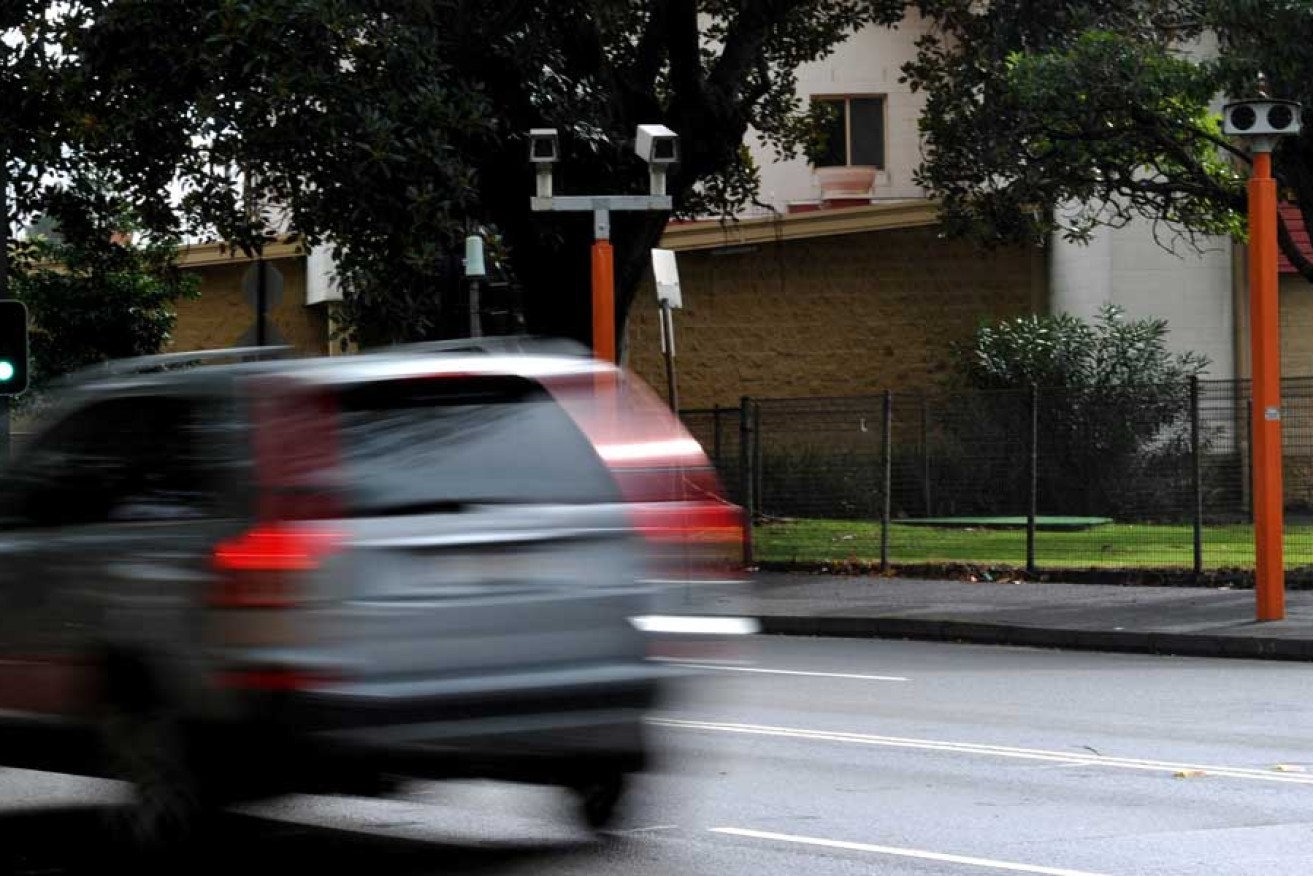I like to call them “speed denialists” – those people who continue to deny both the scientific consensus and the bleeding obvious.
They came out to play again in the past week, stirred by reports that some South Australian fines are higher than other jurisdictions. Some are also lower, but no matter.
It is traffic fines for speeding that annoy the denialists the most. For them, the speed limit is an impingement on their civil liberties – a bureaucratic notion imposed upon them without regard for their cat-like reflexes behind the wheel, their almost omnipotent sense of physics and hazard perception.
Speed cameras, to the denialists, are “revenue raisers”, nothing more.
Even though their technical expertise may be in fields other than traffic engineering or road safety, it seems the denialists know better.
They can apparently judge perfectly the safety of a road in an instant, and expertly calibrate the speed of their vehicle for the conditions.
Now, they have their own political wing – the No Speed Cameras Party – that will seek an Upper House seat at the next state election.
Among their strong views about the evils of speed cameras and our road laws, the party believes – and I kid you not – that higher speed limits lead to fewer road deaths (read their manifesto here).
Back in the real world, every credible road safety researcher, every road safety body, the UN, insurers, governments – just about everyone with an interest in lowering the road toll – accepts the global scientific consensus: speed is the most significant risk factor in road crashes (go here for a neat summary of local research on the issue).
The bad news for the denialists is that there is also solid evidence that compliance measures – such as speed cameras – contribute greatly to reduced fatalities and injuries. Go here for a stack of Victorian research, from the Monash University Accident Research Centre. And here’s a World Health Organisation summary of the global experience.
So South Australia has among the highest fines for traffic infringements in Australia? We’ve also recorded the biggest percentage drop in fatalities of any Australian jurisdiction over the past 10 years.
In this record, we’re closely followed by another state, NSW, that takes no prisoners when it comes to speeding enforcement measures.
While a range of factors are at play, it is clear that South Australia is doing more right than wrong when it comes to road safety.
In 2003, South Australia recorded 157 road fatalities. In 2012, this had dropped to 94 – a reduction in fatalities of 40 per cent. NSW was second with a reduction of 30 per cent.
Up in the Northern Territory (considered a kind of nirvana by denialists), there was a 9.4 per cent drop in fatalities over this period. Only WA and the ACT (with very low numbers) recorded worse performances. Since speed limits were imposed on the Territory’s open roads in 2007, the number of fatalities has dropped from 58 to 48. Yet, the free and easy speeding culture persists. Per capita, the NT is Australia worst performing jurisdiction when it comes to road safety.
This 2011 analysis of the extensive NSW fixed speed camera program, which began in 1997 with one camera in the Sydney Harbour Tunnel and has expanded to sites across the state, shows a staggering impact on crashes.
The analysis of 128 fixed speed camera locations showed a 26% reduction in both total crashes and the total number of casualties across all sites, including a 67% reduction in fatalities. According to the study, “the vast majority of locations showing sustained crash and casualty reductions over time”.
It is implicit that drivers slow down because they don’t want to cop a fine or lose demerit points.
Fines are a deterrent, but not the only one. And recidivist offenders seem to be more immune to the overall deterrent effect of increased enforcement (although this seems self-evident, otherwise they wouldn’t be repeat offenders).
Even if you oppose all of the scientific evidence that speeding – even by a small amount over the limit – increases the risk of road crashes, a speeding fine is still an optional cost for very driver.
The bottom line is so obvious as to be barely worth stating.
Don’t want to cop the fine? Obey the law.
As an added bonus, you might avoid killing someone, or yourself.
What do you think? Send us letters via email to [email protected], including your full name. The editor reserves the right to edit letters.
Or join the discussion on our Facebook page.






